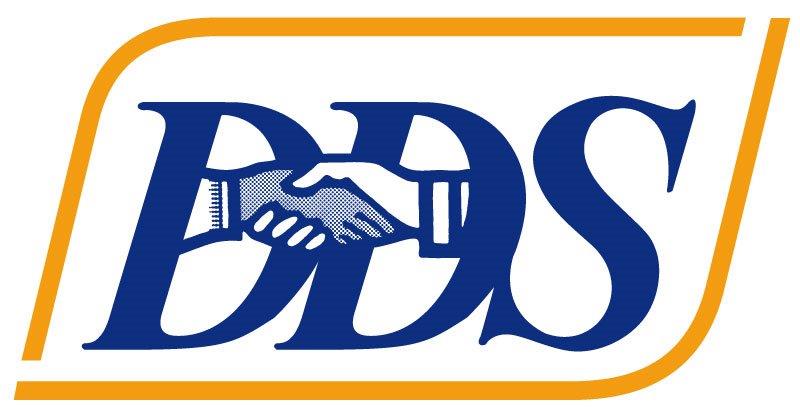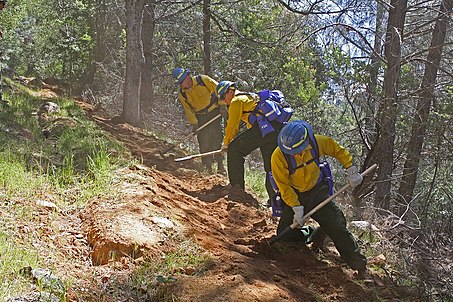
DDS logo. (Photo: dds.ca.gov)
California’s Two Developmental Disabilities Entities: What’s the Difference?
Oversees the coordination and delivery of services to more than 330,000 individuals with disabilities
By Chris Micheli, September 7, 2020 7:11 am
California has two developmental disability-related entities: State Council on Developmental Disabilities and Department of Developmental Services. What’s the difference?
State Council on Developmental Disabilities
Welfare and Institutions Code Division 4.5, Chapter 2, which was added in 1977, established the State Council on Developmental Disabilities in Section 4520 to 4555. Article 1 concerns the composition of the Council and appointments to it. Section 4520 provides that a State Council on Developmental Disabilities with authority independent of any single state agency is created.
Section 4520 also contains several legislative findings and declarations. For example, the Legislature finds that in each of the 56 states and territories, the federal Developmental Disabilities Assistance and Bill of Rights Act of 2000 establishes state councils on developmental disabilities that work to promote the core values of the federal Act., including self-determination, independence, productivity, integration, and inclusion in all aspects of community life.
In addition, California’s State Council on Developmental Disabilities was established pursuant to the federal Act to engage in advocacy, capacity building, and systemic change activities that are consistent with the policy contained in the federal Act. The federal Act requires the Council to promote specified principles. The Legislature also found that the Council faces unique challenges in ensuring access and furthering these principles due to the State’s size, diversity, and a service delivery system that promotes significant local control.
The Council may use funds allocated to it in accordance with the purposes of the federal Act. According to the State Council on Developmental Disabilities (SCDD), it is established by state and federal law as an independent state agency to ensure that people with developmental disabilities and their families receive the services and support that they need.
Disability Advisory Committee
The Disability Advisory Committee (DAC) within the Council serves as an accessibility resource for all employees with disabilities. The DAC assists the Council’s Executive Director and the Equal Employment Opportunity (EEO) Office to create and maintain a workplace for all individuals to have equal and fair employment access and opportunity. According to the Committee, its goal “is to ensure that employees with disabilities are integrated and included in the SCDD workforce. The DAC promotes disability awareness and equal opportunities for all SCDD employees.”
Department of Developmental Services
Welfare and Institutions Code Division 4.1, Part 1, added to the law in 1977, provides in Section 4400 that there is the Health and Welfare Agency a State Department of Development Services (SDDS). In Section 4406, the SDDS succeeds to and is vested with the duties, purposes, responsibilities, and jurisdiction exercised by the State Department of Health with respect to developmental disabilities.
According to the California Department of Development Services, it ensures that Californians with developmental disabilities have the opportunity to lead independent, productive lives in their community of choice. The Department oversees the coordination and delivery of services to more than 330,000 individuals who have cerebral palsy, intellectual disabilities, Down Syndrome, autism, epilepsy, and related conditions through a network of 21 regional centers and state-operated facilities.
- Native Plant Protection - February 4, 2026
- Motions and Orders - February 3, 2026
- Costs of Partition in California - February 3, 2026





I’ve followed the series of articles about two and three agencies apparently doing similar things. A simple budget cut would be to combine the agencies into one and letting go the high priced administrators and any duplication of the people they administrator.
Regional Centers have a massive shortage of LVNS and caregivers. The good news is that Ca. Regional centers pay a good vendor rate of upwards of 44. bucks an hour for LVNS, the problem is they haven’t found a higher rate for RESPITE CAREGIVERS, which is stupid, since paying caregivers is LESS ExPENSIVE than paying nurse vendors, so if you pay the respite caregivers who are med tech capable, a better wage,, so there’s LESS shortage than you can rely on substituting caregivers more often for LVNS ( in mild nursing cases) so why not do that? Obviously, you can’t sub a caregiver for an LVN for cathts, IM injections, etc…but for many cases you can sub a med tech caregiver for an LVN, so why not encourage more pay for caregivers in the regional center system who can pass meds so you don’t have to pay for LVNS all the time in certain cases that don’t acutally need an LVN? For example, if a caregiver is capable of calling 911 if a patient has seizure so be it? Right? But obviously there are cases that are so delicate you CAN”T SUB a caregiver, right? For example, regional center clients who have documented nursing needs, requiring IM injections with doc orders, etc…you can’t sub those cases, but there are many regional cases that are spending too much on nurses when you have a client who has, let’s say, high functioning autism and has one or two seizures a years, so why would they need nursing care? No. Waste of money. Regional centers need to analyze the cases they have to save money. Clearly there are 2% -23% of the regional cases that require full time LVNS no doubt…but there are a lot of regional center cases that need to be re-evaluated who have HIGH FUNCTIONING cases who have 1-2 seizures or medical issues a year…they don’t require the intensive LVN care that others need. And regional centers need to GET RID OF THE phony cases of autism that came in with PDD dx with attorneys who lied and others who got these people without actual autism into the regional center system! YOu’ve got PDD, ODD kids misdiagonsed with ASD or PDD in the regional center system who aren’t developementally disabled they are mentally ill….they have no place here….It’s absurd and embarrassing. Get it together people. There are people with real autism who need services, quit lettin g these fraudsters in.